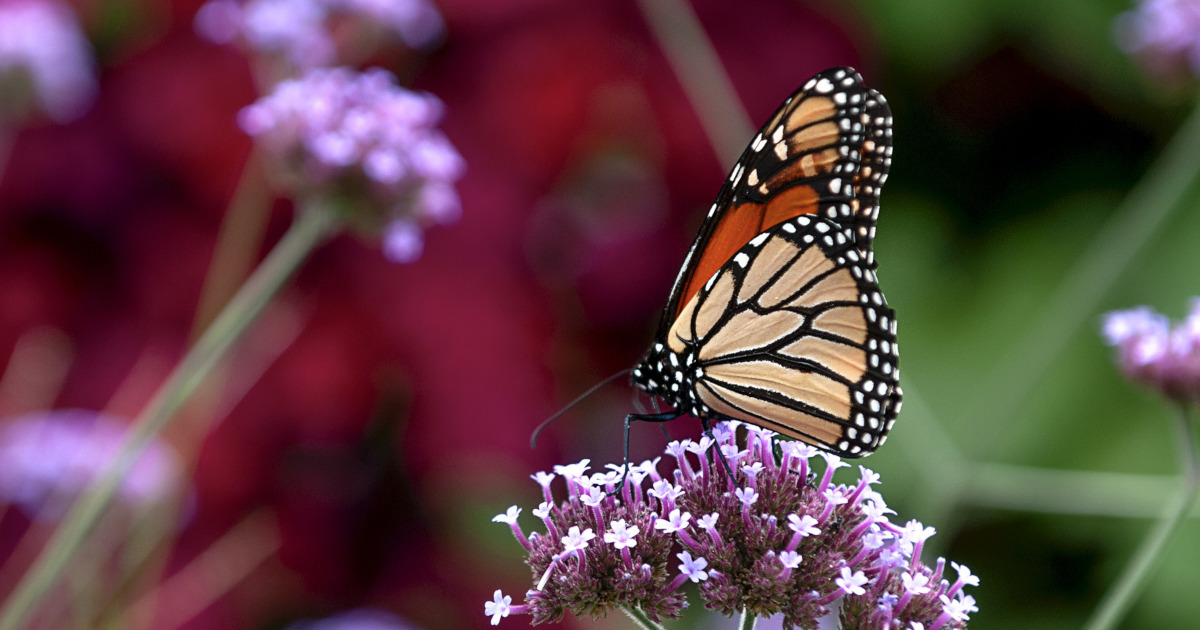
Study Suggests Neonic Pesticides Harming Monarch Butterfly Eggs
A recently published study suggests that one of the world's most common pesticides may be contributing to the decline of one of its most-loved butterflies. Researcher Ryan Norris conducted one of the first real-world studies on monarch butterflies and so-called neonic pesticides, which seem to reduce the number of eggs that successfully hatch.
May 13, 2021 | Source: CTV News | by Bob Weber
A recently published study suggests that one of the world’s most common pesticides may be contributing to the decline of one of its most-loved butterflies.
University of Guelph researcher Ryan Norris conducted one of the first real-world studies on monarch butterflies and so-called neonic pesticides. He says the chemical seems to reduce the number of eggs that successfully hatch.
“It’s the first field evidence that neonics can have a negative impact on larval survival of monarchs,” Norris said in an interview Wednesday.
Monarchs undergo one of nature’s most remarkable migrations, fluttering all the way from Canada to Mexico and back. But their numbers have declined more that 80 per cent over the last two decades and scientists are trying to find out why.
Neonicotinoid pesticides are widely applied to common crops such as corn and often drift onto other plants, including milkweed, which monarchs depend on for nesting and food.
